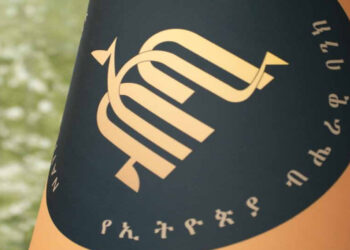Prime Minister Abiy Ahmed has announced key policy measures under the second phase of the Homegrown Economic Reform Program (HGER 2.0). The main highlights of the macroeconomic policy reforms include:
- Market-Based Foreign Exchange Rate System: A shift to a market-based foreign exchange rate system aims to alleviate foreign exchange shortages and stimulate private sector investment and growth.
- Monetary Policy System Based on Interest Rates: The modernization of the monetary policy framework will focus on an interest rate-based system to maintain low and stable inflation, as outlined in the National Bank’s strategic plan.
- Fiscal Policy Reforms: Fiscal policy reforms will target enhancing government revenue, improving spending efficiency, reforming pension systems, increasing the competitiveness of state-owned enterprises, and managing public debt effectively.
- Development Finance Opportunities and Government Debt Management Reforms: The government is negotiating significant debt reforms with creditors and exploring new development financing opportunities from institutions like the World Bank and the International Monetary Fund.
In addition to these policy reforms, measures to support vulnerable sections of society have been outlined:
- Subsidizing Social Safety Net Programs: The government will continue to subsidize social safety net programs to protect the most vulnerable populations.
- Salary Subsidies and Reforms: To shield low-wage public employees from the short-term negative effects of the reforms, salary subsidies and reforms will be implemented for a certain period.
- Partial Fuel subsidy: The government will partially increase fuel prices to balance the economic impact while considering social welfare.
These measures are designed to ensure a comprehensive approach to economic stability and growth, while also providing support to those most affected by the reforms.






















